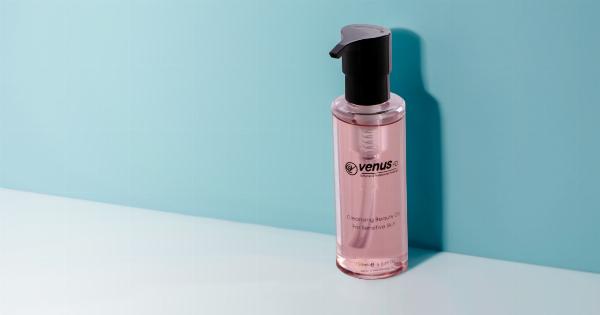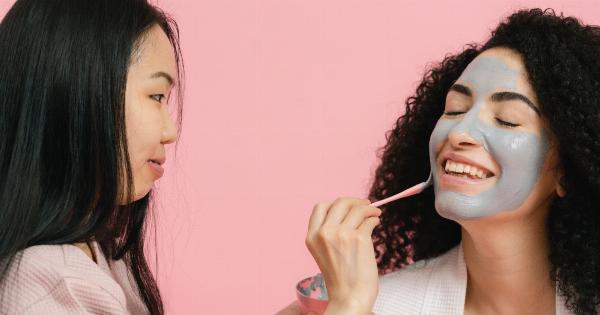The beauty industry is constantly evolving, with new products and ingredients hitting the shelves every day. Amidst this never-ending stream of innovation, certain ingredients have come under scrutiny for their potential health risks.
Parabens are one such group of ingredients that have sparked extensive debates among health-conscious consumers and industry professionals alike.
What are Parabens?
Parabens are a class of preservatives commonly used in cosmetic and personal care products.
They are derived from para-hydroxybenzoic acid and are widely used in a variety of formulations, including moisturizers, shampoos, makeup, and even pharmaceuticals. Their primary function is to prevent microbial growth, thus extending the shelf life of the products.
The Controversy Surrounding Parabens
Parabens have been at the center of controversy due to concerns over their potential health risks.
Some studies have suggested a possible link between parabens and adverse effects such as hormone disruption, reproductive toxicity, and even certain types of cancer.
Hormone Disruption
One of the main concerns surrounding parabens is their potential to disrupt the body’s hormonal balance. Parabens have been found to possess weak estrogenic activity, meaning that they can mimic the effects of the hormone estrogen in the body.
Estrogen plays a crucial role in the body’s reproductive system, and any disruption to its delicate balance can have significant effects on overall health.
Reproductive Toxicity
Parabens have also been linked to reproductive toxicity and potential harm to fetal development. Some studies have found that parabens can interfere with reproductive hormones and harm fertility.
Additionally, parabens have been detected in breast tissue, raising concerns about their potential impact on breastfeeding and lactation.
Cancer Concerns
The potential link between parabens and cancer has been extensively debated. While some studies have suggested a possible association between parabens and breast cancer, the evidence remains inconclusive and conflicting.
The American Cancer Society states that there is currently no direct evidence linking parabens to the development of cancer in humans.
Regulatory Measures and Industry Response
Several regulatory agencies and organizations have taken action regarding the use of parabens in cosmetic and personal care products.
In 2014, the European Union banned certain parabens from leave-on products specifically designed for children under three years old. Similarly, some countries have imposed restrictions on the concentration of parabens allowed in cosmetic formulations.
Alternatives to Parabens
Due to the concerns surrounding parabens, many consumers are seeking alternative preservatives.
The beauty industry has responded by introducing a wide range of paraben-free products, utilizing alternative preservatives such as phenoxyethanol, benzyl alcohol, and organic acids like benzoic acid or sorbic acid.
The Importance of Individual Sensitivities
While the potential risks of parabens have been the subject of debate, it is essential to consider that individuals may react differently to different ingredients.
Allergies and sensitivities can occur with any cosmetic ingredient, including those that are paraben-free. It is crucial for consumers to be aware of their individual sensitivities and make informed choices based on their specific needs.
The Role of Research and Further Studies
Solid scientific research plays a crucial role in understanding the potential risks associated with ingredients like parabens. Ongoing studies are necessary to establish clear links between the use of parabens and adverse health effects.
The beauty industry must continue to invest in scientific research to ensure the safety and efficacy of their products.
Conclusion
The controversy surrounding parabens highlights the importance of informed decision-making in the beauty industry.
While some studies suggest potential risks, it is vital to recognize the ongoing research and regulatory measures being taken to ensure safety. Consumers have the right to choose products that align with their personal preferences, and the industry continues to adapt by offering alternatives and investing in research for safer formulations.
As the pursuit of beauty evolves, the role of vigilance, scientific knowledge, and individual choices becomes increasingly important.





























